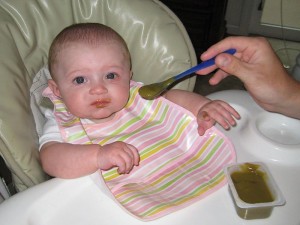 The transition to feeding your baby foods other than breastmilk should be a pretty simple one.
The transition to feeding your baby foods other than breastmilk should be a pretty simple one.
But there are many Booby Traps that can complicate that transition:
Pressure to start too early. Many breastfeeding mothers face pressure to start solids too early. As you know, the American Academy 0f Pediatrics recommends that babies start solids at six months of age. But as I’ve written before, CDC data shows that about 40% start solids before 4 months. One reason mothers gave for starting that early was “A doctor or other health care professional said my baby should begin eating solid food.” And that’s not too surprising, since surveys of pediatricians in 1995 and 2004 both found that nearly 30% of pediatricians routinely recommended the introduction of solid foods or formula for exclusively breastfed infants before 5 months of age. This all adds up to babies receiving less breastmilk. It also portends a shortened duration of breastfeeding, as the more calories consumed as solids the less breastmilk mothers will produce.
Panic when a baby starts “late” or doesn’t get into solids until one year. They’re all different, those babies, and some take to solids readily at six months while others naturally take their time. Unfortunately that’s not the view of some providers, who may express concern about a baby who doesn’t eat much or any solids starting at six months. Since babies are unquestionably in the driver’s seat on this one (ever try to force a baby to eat?), mothers might feel that they’re left with two options: either get into a massive and potentially damaging power struggle with their babies, or lie to their doctors.
“She’s not eating enough solids.” (Code for: “your milk is nutritionally insufficient”). Many mothers are told that their babies aren’t eating enough solid foods. But what is enough? There is clearly a wide range of normal, from no solids at all to large amounts, and if we simply offer nutritious foods and let the baby take the lead (which appears to reduce the risk of obesity), it all works out. So why the panic when a baby isn’t eating “enough” solids? Well, it’s only a problem if the other source of the baby’s calories is not nutritionally sufficient, right? So I read the “not enough” concern to be a veiled, perhaps even subconscious, criticism of breastmilk as nutritionally insufficient. Ever think about the assumptions behind that common question, “is your baby eating real food yet?” This point of view also supports the practice of cajoling, bribing, and even attempts at forcing a baby to eat solids.
Pressure to serve rice cereal as the first food. This is gradually changing, but for years providers have recommended rice cereal as a first food. Why? Because it’s less likely to be an allergen, can easily be fortified with iron, and can be mixed with breastmilk or formula for an easier transition - at least that’s what I was told when it was recommended to me. But the more we know about nutrition the less sense this makes. The tide is rapidly turning toward whole foods, but rice cereal remains a popular first food.
Pressure to start cow’s milk. I, and I’m sure many other mothers, took it as a given that I needed to start my son on cow’s milk at age one. Why? I really have no idea, since, as Dr. Jenny Thomas points out, “he’s not a baby cow.” Pressuring mothers to start their children on cow’s milk may mean that they get less nutrition and immune protection from milk that was specifically designed for them.
Pressure to use processed baby foods. Ever wonder when we started serving babies jarred baby food? And when we started feeding babies by spoon? Gil Rapley, in Baby led Weaning, explains that beginning the earlier part of the 20th century, breastfeeding “mothers were told to follow a strict timetable, limiting the time the baby spent at the breast and spacing feedings several hours apart.” As a result, many women didn’t produce enough milk. The solution: baby foods, started when mothers couldn’t produce enough milk for their babies’ needs, sometime between 2 and 4 months of age. “At around the same time,” she says, “preprepared sieved or ‘strained’ foods began appearing in stores, and by the 1930’s, a variety of fruit and vegetable-based baby foods was available.”
And the spoons? Spoons are the only way you can get a solid food into a baby that young.
Jarred food was estimated to be a $1.25 billion industry in 1995, controlled by three companies. This report found that “the average US baby consumes 600 jars of prepared baby food by the age of 12 months,” but that “European babies, by contrast, consume only about 240 jars and Eastern European babies even less - 12 jars.” Yes, jarred food can be convenient sometimes, and there are more organic options available. And yes, since our average diet family is pretty deficient in fruits and vegetables they might serve a purpose. But the default first foods for babies? Your ancestors would probably scratch their heads at that one.
Baby led solids (also known as baby led weaning) has caught fire as a more natural way to feed babies - one which integrates babies into the food ways of the family and gives them the control they deserve (and clearly feel entitled to) over which and how much nutritious foods they eat.
Did you experience any of these Booby Traps as you started solid foods?



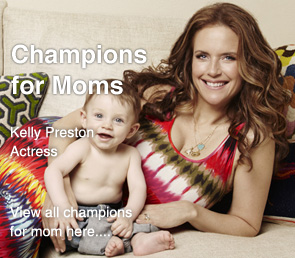
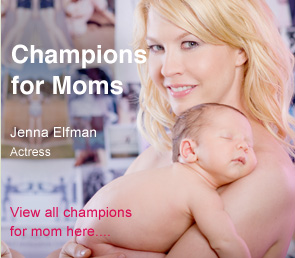
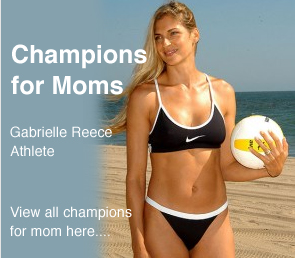
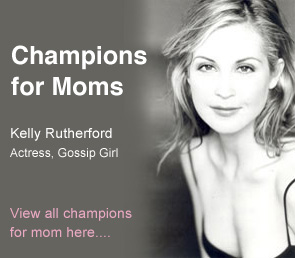
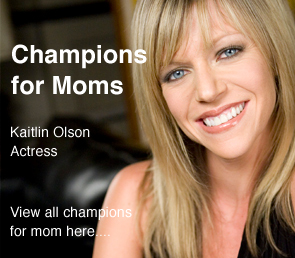
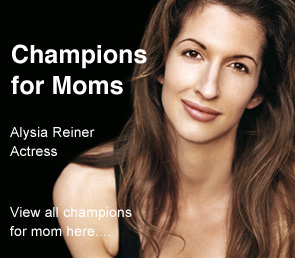
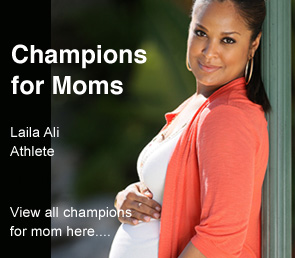
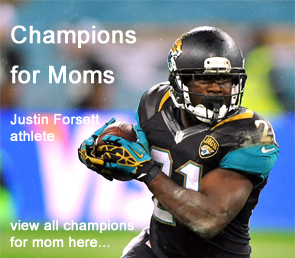
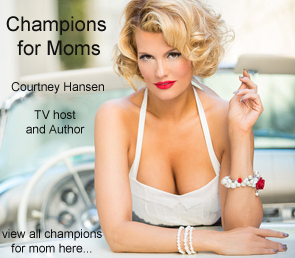
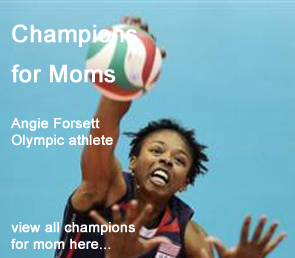
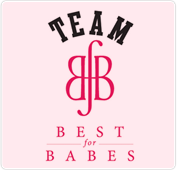

Daycare has really been pushing us on solids. We didn’t start until 6 months, and they were okay with that (though they did ask earlier). But now when he still doesn’t eat much solid food at 9 months, they ask us about it every day - “All the other babies are eating two meals (purees) a day plus two snacks.” They have been willing to “humor” us with baby led weaning but I can tell it makes them nervous, and I wonder if they “help” him by feeding him. They keep telling me he needs to be able to handle solids when he moves to the toddler room - but that’s still 9 months away! He has time! I also get the feeling that we interpret facts differently - for example if he eats two sticks of french toast and only gags a little, they would say “He didn’t eat much, he didn’t do very well with those big pieces” where I would say “He handled that really well and seemed to enjoy it!”. I feel like he’s doing okay but having to share feeding responsibilities with a provider who is used to early purees becomes very challenging on a daily basis.